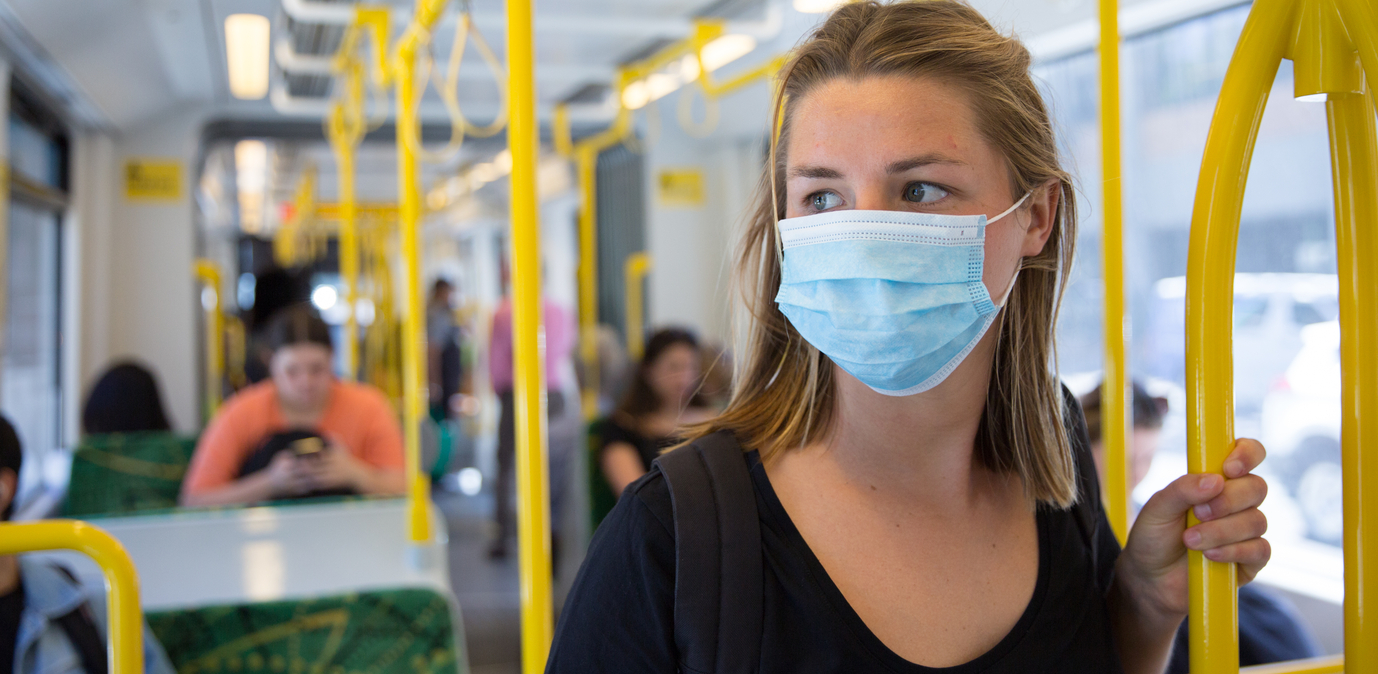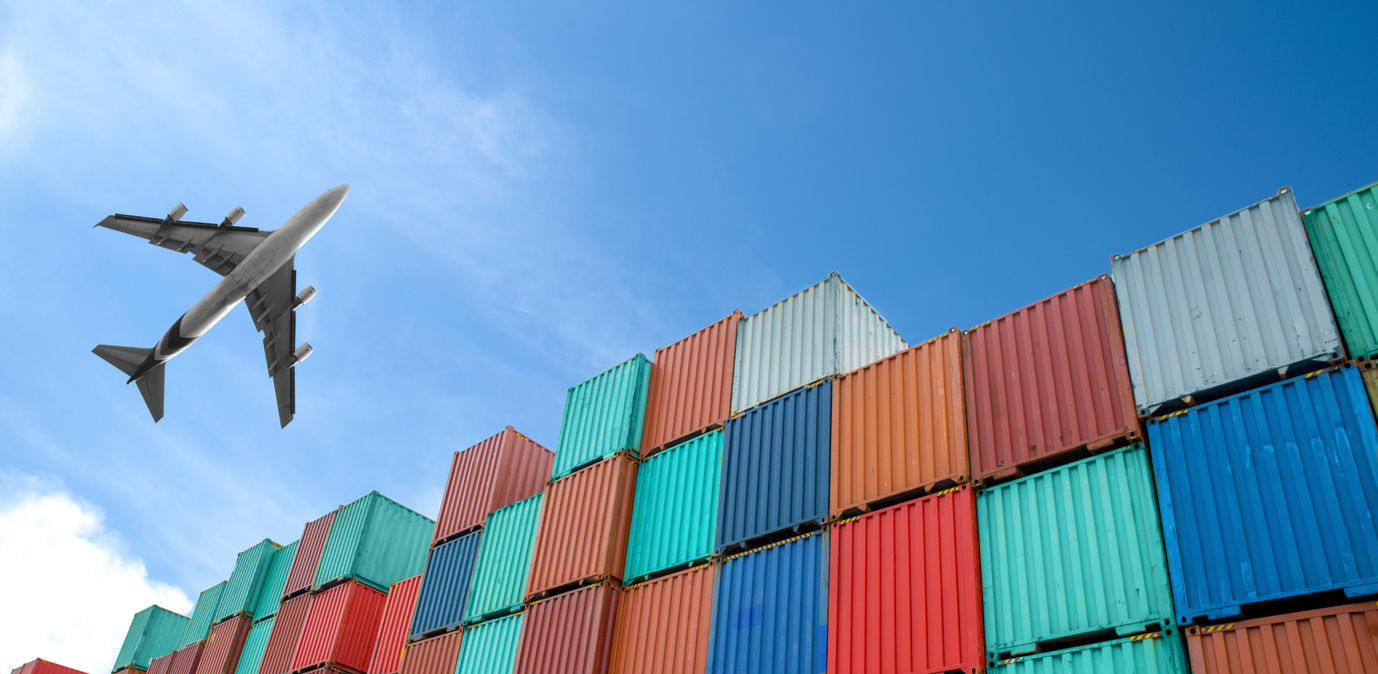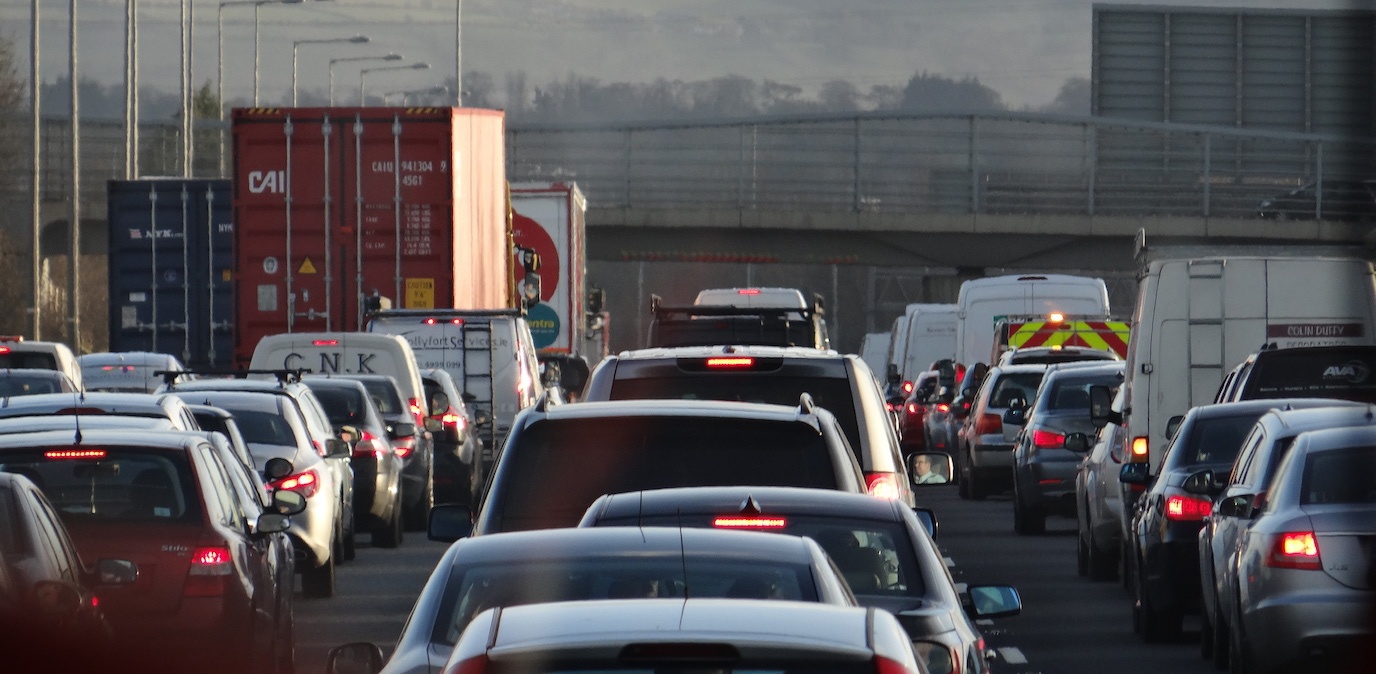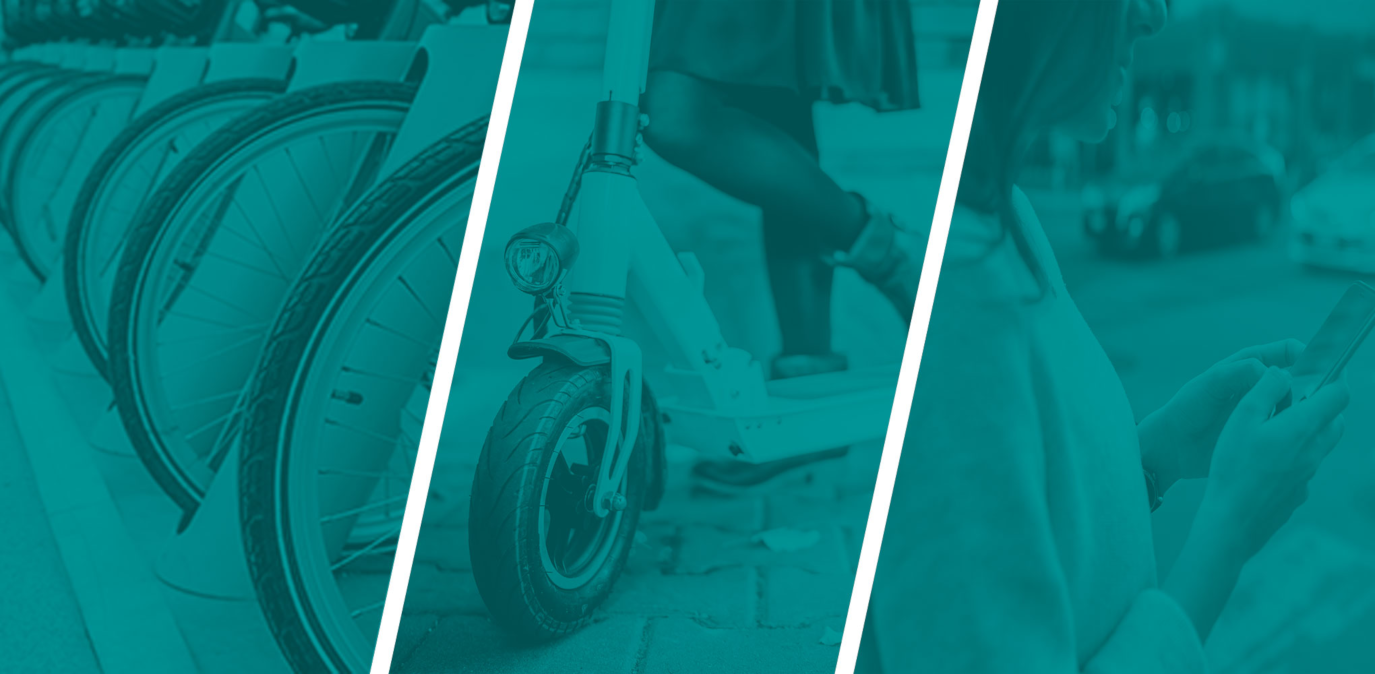Future of Transport: Winners and losers from COVID-19 lockdowns
by Matthew Niblett on 28 Sep 2020
Covid-19 and its associated lockdowns have seen major cities across the world grind to a halt. Almost overnight, transport systems which once facilitated millions of journeys were restricted to a tiny fraction of those. As lockdowns the world have been eased, we can see what some of the impacts have been. Traditional forms of mass transport are struggling, whilst innovative technologies like e-scooters and drone deliveries are emerging from the crisis stronger than before.
The most obvious loser from COVID-19 lockdowns was public transport. As most workers switched to remote working, metro systems, trams, and buses saw their passenger numbers decrease by up to 95% year on year. This was disastrous for public transport authorities, especially those, like London’s, which rely on ticket sales for most of their revenue. It was not simply a short-term shock either as public transport use has remained down even as economies have started to open. One reason for this is that workers have continued to work from home. Another is that people have turned to alternative methods of transport during lockdown and have not yet switched back to using public transport. If either of these trends continues in the long-term it could be very problematic for public transport finances.
The most obvious beneficiary from the decline in public transport use has been bike and e-scooter sharing schemes. Cycling has massively increased its mode share across several countries, not least the UK, where the number of people cycling year-on-year has increased by almost 300% in some cases. In the UK, the government has expedited the legalisation of e-scooter sharing, citing COVID-19 as the primary motivation. Some authorities are seeking to make this a long-term shift by investing in the appropriate infrastructure. For example, Ayrshire Council, in Scotland, opened a consultation in July on how to redesign its roads to make them more cycle friendly, using Scottish Government funding.
The other key beneficiary from the drop-off in public transport use is private vehicles, both owned and hired. Car use is largely back to where it was prior to the lockdown in the UK, but with an important caveat. Both electric and shared vehicles have increased in popularity, while diesel sales have slumped to their historical nadir. These are both positive developments, reducing both pollution and congestion, but governments will need to take action to ensure that they are sustained. The UK Government has promised a green economic recovery recently announced a further £12 million to support electric vehicle research projects, to make switching to a zero-emission vehicle more viable in the long run.
There has also been increased activity in the home delivery sector due to COVID-19. More people are looking to have goods delivered straight to their doorstep, whether by Sainsbury’s, Amazon, or other retailers. Drones have the potential to become a key part of this delivery story. Drones have the advantage of facilitating contact free deliveries, further reducing the transmission risk of the virus. Indeed, drones have already been used to deliver vital medical supplies in remote parts of Scotland, and the Isle of Wight.
The true impact of COVID-19 on mobility services remains to be seen. A lot will now depend on whether policymakers seize the opportunities, for instance by investing in the infrastructure to make drone deliveries, e-scooter sharing, and electric vehicles a real possibility on a large scale. If they do any of these things, COVID-19 could have a major impact on the long-term future of mobility.
Topics: Transport






Comments